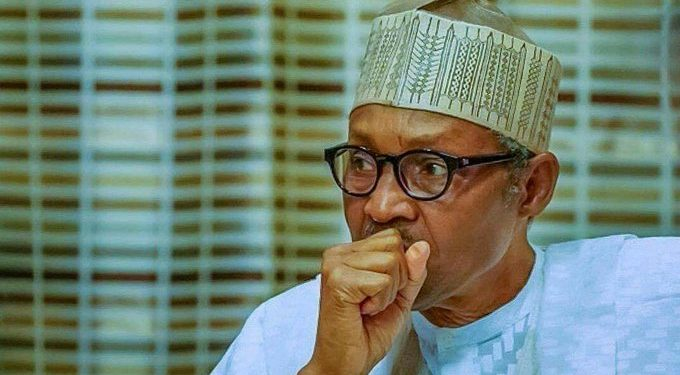By John Ikani
The Nigerian Government spent the sum of N4.22 trillion on debt servicing in 2021 alone.
The expenditure – according to local Financial Literacy Website Nairametrics – was an increase of 29.3 per cent in comparison to N3.27 trillion spent the year before.
The revenue for the same period increased slightly by 9.3 per cent to N4.39 trillion.
This means that Nigeria spent about 96 per cent of its total revenue on servicing debt obligations in the year under review.
In comparison to the year before, the country’s debt service-to-service ratio went up from 81.1 per cent in 2021 to 96 per cent in the year under a year.
Dwindling oil revenue, worsens Nigeria’s plight
The country’s revenue has been bugged by a lack of performance of oil revenue because of the incessant decline in production capacity and the volatile nature of crude oil. Data from the National Bureau of Statistics (NBS) says the country’s daily crude oil production dropped to 1.6mbpd in 2021 from 7.8mbpd recorded the year before.
Data from the Organisation of Petroleum Exporting Countries indicate that Nigeria’s crude oil production went down to 1.238mbpd in March 2022, from 1.258mbpd recorded in February this year.
Increasing debt profile plagues revenue
The Debt Management Office (DMO) said the country’s total debt profile increased to its highest level in 2021, a record high of N39.56 trillion (95.78 billion) as of December last year which represents N6.54 trillion recorded in the same period the year before.
It will be recalled that the Debt Management Office said that Nigeria’s public debt has hit N38.005 trillion at the end of Q3.
The debts include both external and domestic of the federal government, the 36 state governments and the FCT, Abuja.
The debt represents a spike of N2.54 trillion within three months compared to the N35.46 trillion recorded in the same period at the end of June of 2021.



































